Open broadcast of the main conference room Mobius 2017: Let's talk about the architecture of mobile applications and something else
Hello! Those who follow our blog, have already noticed that we posted in open access broadcast the main room of the last two of our Java-conferences. Well, we see that you like it, so we continue: this time we are broadcasting an online broadcast of the second day of the conference on mobile development Mobius 2017.
Tomorrow, at 10 am, we will begin the free YouTube broadcast of the first track of the conference! The first track - the largest and most popular among our participants - will be reports on mobile application architectures, code generation, and something else. In the main hall, most of the reports are devoted to Android, however there are a couple of reports for iOS developers.
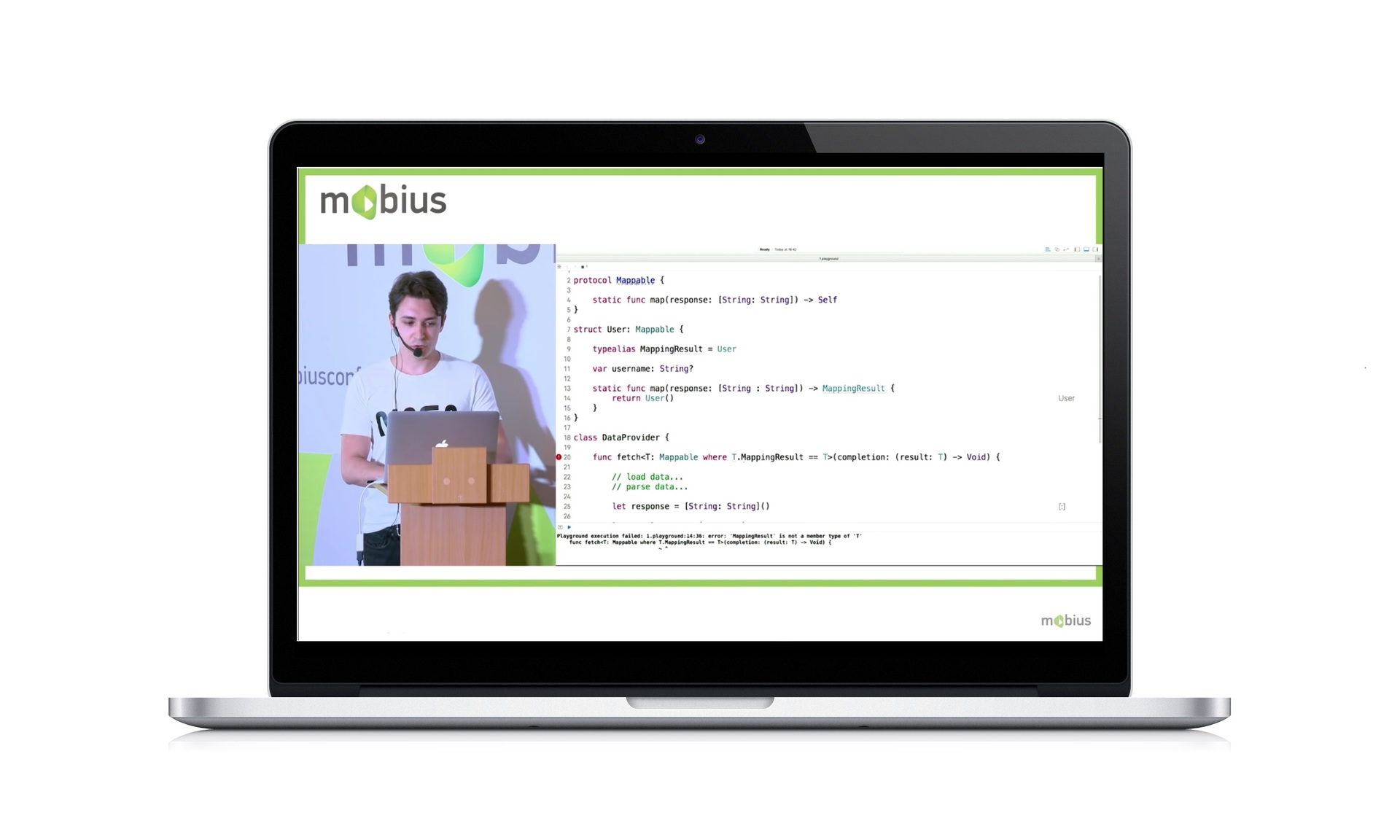
Link to the broadcast and detailed program - under the cut.
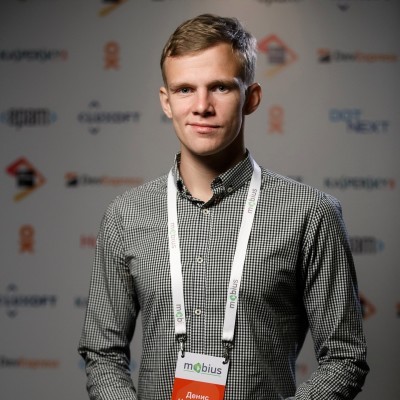
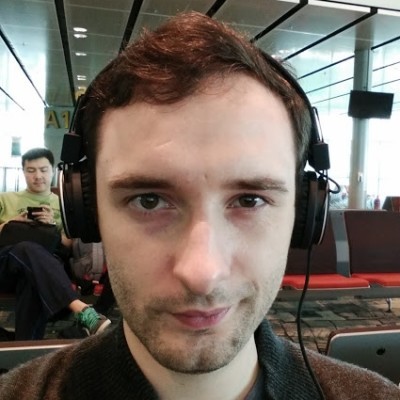 Denis Neklyudov and Stepan Goncharov - Modern approach to the architecture of Android applications: RxJava, Kotlin, MVVM
Denis Neklyudov and Stepan Goncharov - Modern approach to the architecture of Android applications: RxJava, Kotlin, MVVM
The report is devoted to another look at the architecture of the Android application developer, who thought “why write extra code and complex unsupported constructions so generously provided by the MVP approach,” namely MVVM in a reactive environment.
')
The story of how well you can live when you have DataBindings, RxJava, Kotlin, cache on Firebase, DI on Dagger 2.
 Grigory Dzhanelidze - Code Generation from A to Z
Grigory Dzhanelidze - Code Generation from A to Z
Report of an engineer from Odnoklasnikov, dedicated to kodogeneratsii - one of the trends in the development of recent years. At the moment, there are almost no projects where at least one of the following list would not be used: Dagger2, Butterknife, DataBinding, IcePick, Retrolambda, LoganSquare ... For many developers, code generation ends with this: took a library, wrote a couple of annotations and rejoice. But in fact, it allows you to do much more, and the report will tell about the possibilities and tools for code generation, reinforcing each with practical examples.
Topics to be covered: Annotation Processing, AspectJ, Bytecode Weaving, Jack Plugins.
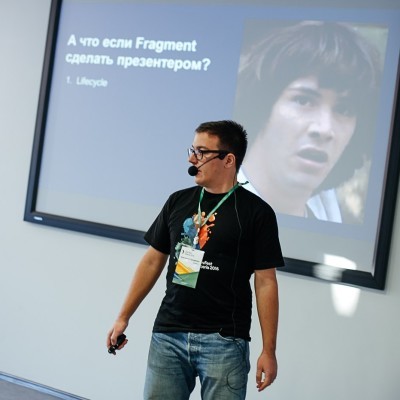 Konstantin Tskhovrebov - Cicerone: Navigation in MVP without pain and tears
Konstantin Tskhovrebov - Cicerone: Navigation in MVP without pain and tears
The report will tell about the implementation of flexible, simple and functional navigation on the screens when using MVP in Android. Shows how to make the navigation code clean, lifecycle safe, and any, even the most sophisticated chain of transitions on the screens, is a matter of a couple of lines. Will help with writing unit tests for transition logic. It will tell you how to expand and complement the presented approach.
In the course of the report, the features of the Android architecture in terms of navigation will be reviewed, a list of requirements for perfect navigation and their implementation will be compiled. The Flow and Conductor frameworks will be mentioned. In addition, Konstantin will tell about his library Cicerone (Chicheron) .
 Aleksander Piotrowski - ConstraintLayout all the things!
Aleksander Piotrowski - ConstraintLayout all the things!
The language of the report is English.
Recently released release ConstraintLayout 1.0, so it's time to talk about it. It looks almost the same as RelativeLayout, but it contains many features, more convenient tuling in new versions of Android.
The report will cover not only the practice of using ConstraintLayout and the way to migrate your application to it. We will immerse ourselves in the intestines layout, to understand how it works, why it’s better to use nested layouts and even see how to animate with them!
 Sergey Rakov - Let's Think Over Architecture
Sergey Rakov - Let's Think Over Architecture
We will address the problem of choosing an architectural approach for iOS applications. Consider the most common solutions (MVC, MVVM, VIPER) in terms of criteria that may be important in everyday development, and analyze the big picture.
 Yuri Shmakov - MVP: Typical Tasks and How to Solve Them in Moxy
Yuri Shmakov - MVP: Typical Tasks and How to Solve Them in Moxy
The popularity of MVP has recently increased too much, as well as the number of approaches to its implementation. However, not all approaches are equally good. The report will examine the problems encountered in the implementation of MVP, their solutions, and also explain how they can be avoided with the help of Moxy. After this report, you can again fall in love with MVP using Moxy, or take ideas from Moxy and apply them in your decision.
 Jonathan Levin - How to make a product out of your application
Jonathan Levin - How to make a product out of your application
A report from an entrepreneur and an engineer from Gett, a person who gets along equally well with people and backends, in which he shares his many years of successful development experience, which makes it possible to make an application truly excellent. How can you find out what users are doing in your application? How much time is there to demonstrate to the user its capabilities? What is the difference between “another application” and a product that becomes an essential part of human life?
Expect large-scale revelations, rich technical advice, and a bunch of references to Star Wars.
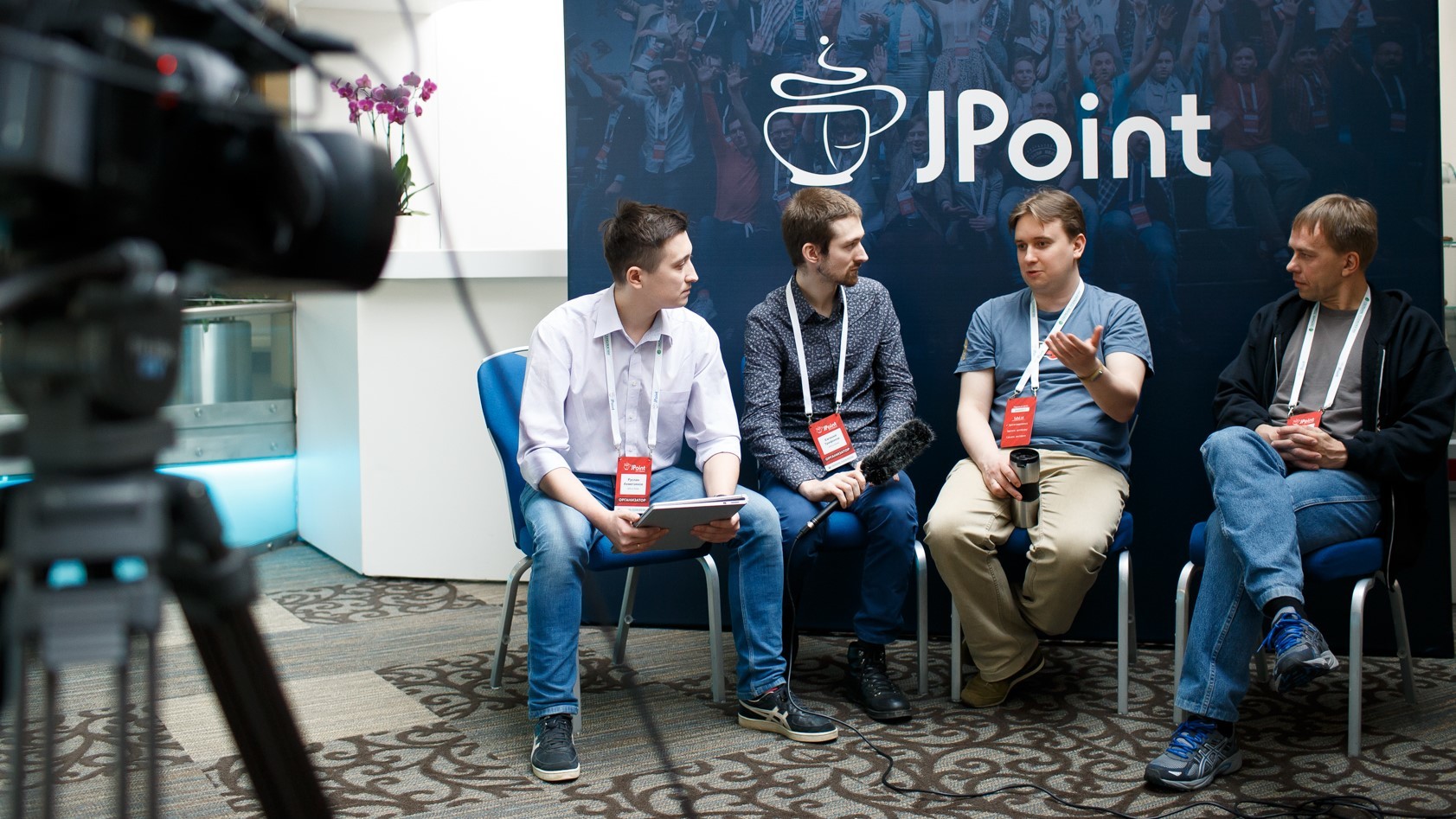
One of the difficulties that we faced, making a broadcast last time - empty breaks and coffee breaks. While the participants at the conference are drinking coffee and talking to the speakers, viewers of the broadcast are forced to look at the stubs and wait for the next report to begin.
This time, during the breaks, we will broadcast events at the conference, as well as interviews with speakers. I'll be interviewing along with the phillennium - I can say that you won't be bored by the results of the first day. Questions, such as they suddenly arise, can be asked in the Telegram-channel of the conference: t.me/mobiusconf
Tomorrow, at 10 am, we will begin the free YouTube broadcast of the first track of the conference! The first track - the largest and most popular among our participants - will be reports on mobile application architectures, code generation, and something else. In the main hall, most of the reports are devoted to Android, however there are a couple of reports for iOS developers.

Link to the broadcast and detailed program - under the cut.
Track program

 Denis Neklyudov and Stepan Goncharov - Modern approach to the architecture of Android applications: RxJava, Kotlin, MVVM
Denis Neklyudov and Stepan Goncharov - Modern approach to the architecture of Android applications: RxJava, Kotlin, MVVMThe report is devoted to another look at the architecture of the Android application developer, who thought “why write extra code and complex unsupported constructions so generously provided by the MVP approach,” namely MVVM in a reactive environment.
')
The story of how well you can live when you have DataBindings, RxJava, Kotlin, cache on Firebase, DI on Dagger 2.
 Grigory Dzhanelidze - Code Generation from A to Z
Grigory Dzhanelidze - Code Generation from A to ZReport of an engineer from Odnoklasnikov, dedicated to kodogeneratsii - one of the trends in the development of recent years. At the moment, there are almost no projects where at least one of the following list would not be used: Dagger2, Butterknife, DataBinding, IcePick, Retrolambda, LoganSquare ... For many developers, code generation ends with this: took a library, wrote a couple of annotations and rejoice. But in fact, it allows you to do much more, and the report will tell about the possibilities and tools for code generation, reinforcing each with practical examples.
Topics to be covered: Annotation Processing, AspectJ, Bytecode Weaving, Jack Plugins.
 Konstantin Tskhovrebov - Cicerone: Navigation in MVP without pain and tears
Konstantin Tskhovrebov - Cicerone: Navigation in MVP without pain and tearsThe report will tell about the implementation of flexible, simple and functional navigation on the screens when using MVP in Android. Shows how to make the navigation code clean, lifecycle safe, and any, even the most sophisticated chain of transitions on the screens, is a matter of a couple of lines. Will help with writing unit tests for transition logic. It will tell you how to expand and complement the presented approach.
In the course of the report, the features of the Android architecture in terms of navigation will be reviewed, a list of requirements for perfect navigation and their implementation will be compiled. The Flow and Conductor frameworks will be mentioned. In addition, Konstantin will tell about his library Cicerone (Chicheron) .
 Aleksander Piotrowski - ConstraintLayout all the things!
Aleksander Piotrowski - ConstraintLayout all the things!The language of the report is English.
Recently released release ConstraintLayout 1.0, so it's time to talk about it. It looks almost the same as RelativeLayout, but it contains many features, more convenient tuling in new versions of Android.
The report will cover not only the practice of using ConstraintLayout and the way to migrate your application to it. We will immerse ourselves in the intestines layout, to understand how it works, why it’s better to use nested layouts and even see how to animate with them!
 Sergey Rakov - Let's Think Over Architecture
Sergey Rakov - Let's Think Over ArchitectureWe will address the problem of choosing an architectural approach for iOS applications. Consider the most common solutions (MVC, MVVM, VIPER) in terms of criteria that may be important in everyday development, and analyze the big picture.
 Yuri Shmakov - MVP: Typical Tasks and How to Solve Them in Moxy
Yuri Shmakov - MVP: Typical Tasks and How to Solve Them in MoxyThe popularity of MVP has recently increased too much, as well as the number of approaches to its implementation. However, not all approaches are equally good. The report will examine the problems encountered in the implementation of MVP, their solutions, and also explain how they can be avoided with the help of Moxy. After this report, you can again fall in love with MVP using Moxy, or take ideas from Moxy and apply them in your decision.
 Jonathan Levin - How to make a product out of your application
Jonathan Levin - How to make a product out of your applicationA report from an entrepreneur and an engineer from Gett, a person who gets along equally well with people and backends, in which he shares his many years of successful development experience, which makes it possible to make an application truly excellent. How can you find out what users are doing in your application? How much time is there to demonstrate to the user its capabilities? What is the difference between “another application” and a product that becomes an essential part of human life?
Expect large-scale revelations, rich technical advice, and a bunch of references to Star Wars.
Broadcast in the breaks

One of the difficulties that we faced, making a broadcast last time - empty breaks and coffee breaks. While the participants at the conference are drinking coffee and talking to the speakers, viewers of the broadcast are forced to look at the stubs and wait for the next report to begin.
This time, during the breaks, we will broadcast events at the conference, as well as interviews with speakers. I'll be interviewing along with the phillennium - I can say that you won't be bored by the results of the first day. Questions, such as they suddenly arise, can be asked in the Telegram-channel of the conference: t.me/mobiusconf
Restrictions
- Since the broadcast is free, it is provided on the principle of as is : we are sure that everything will be fine, but if that happens, do not blame me!
- There will be no video recordings. That is, they, of course, will be, but only for conference participants who have left feedback. And for all the others, we traditionally post them in 3-4 months.
- You cannot watch what happens in other halls. And there will be many interesting things . Next time register and watch everything without restrictions.
Source: https://habr.com/ru/post/326954/
All Articles